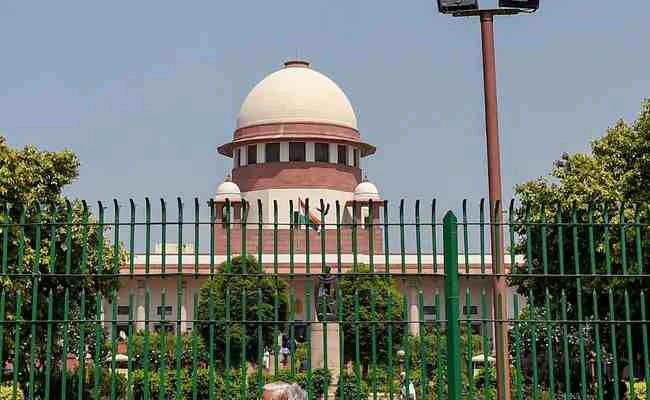The Supreme Court of India has recently called upon the central government and various state administrations to respond to a petition that advocates for consumers’ fundamental ‘right to know.’ This petition emphasizes the necessity for transparency regarding essential information related to goods and services. The call for a right to know arises from growing concerns among consumers about the quality, safety, and authenticity of products they purchase. As consumers navigate a complex marketplace filled with misleading advertisements and subpar products, the demand for clarity and accountability has never been more pressing.
The plea seeks to establish a legal framework that obligates manufacturers and service providers to disclose vital information regarding their offerings. This includes specifics on ingredients, sourcing, manufacturing processes, and potential health impacts. Advocates argue that such a framework would empower consumers to make informed decisions, thereby fostering a more equitable market. In a world where globalization and digital commerce blur the lines between local and international products, ensuring that consumers have access to accurate information is essential for maintaining public trust in the marketplace.
Furthermore, the implications of the Supreme Court’s request extend beyond mere consumer rights; they touch on broader themes of corporate responsibility and ethical business practices. By mandating transparency, the court could set a precedent that encourages businesses to adopt more ethical practices in their operations. The response from the Centre and various states will be crucial in determining the direction of this movement toward consumer empowerment and protection. As the case unfolds, it has the potential to reshape the landscape of consumer rights in India, ensuring that citizens are not only informed but also safeguarded against exploitation in their purchasing choices.
Ultimately, the Supreme Court’s involvement signifies a critical step toward reinforcing the importance of consumer rights in India. The outcome of this plea could herald a new era of accountability for businesses and enhanced protections for consumers, fostering a more informed and conscientious marketplace. As the court awaits responses, the anticipation builds regarding how this pivotal issue will evolve and what it may mean for the future of consumer advocacy in the country. The ongoing dialogue surrounding consumer rights is a testament to the changing dynamics of the relationship between consumers, businesses, and the state.




